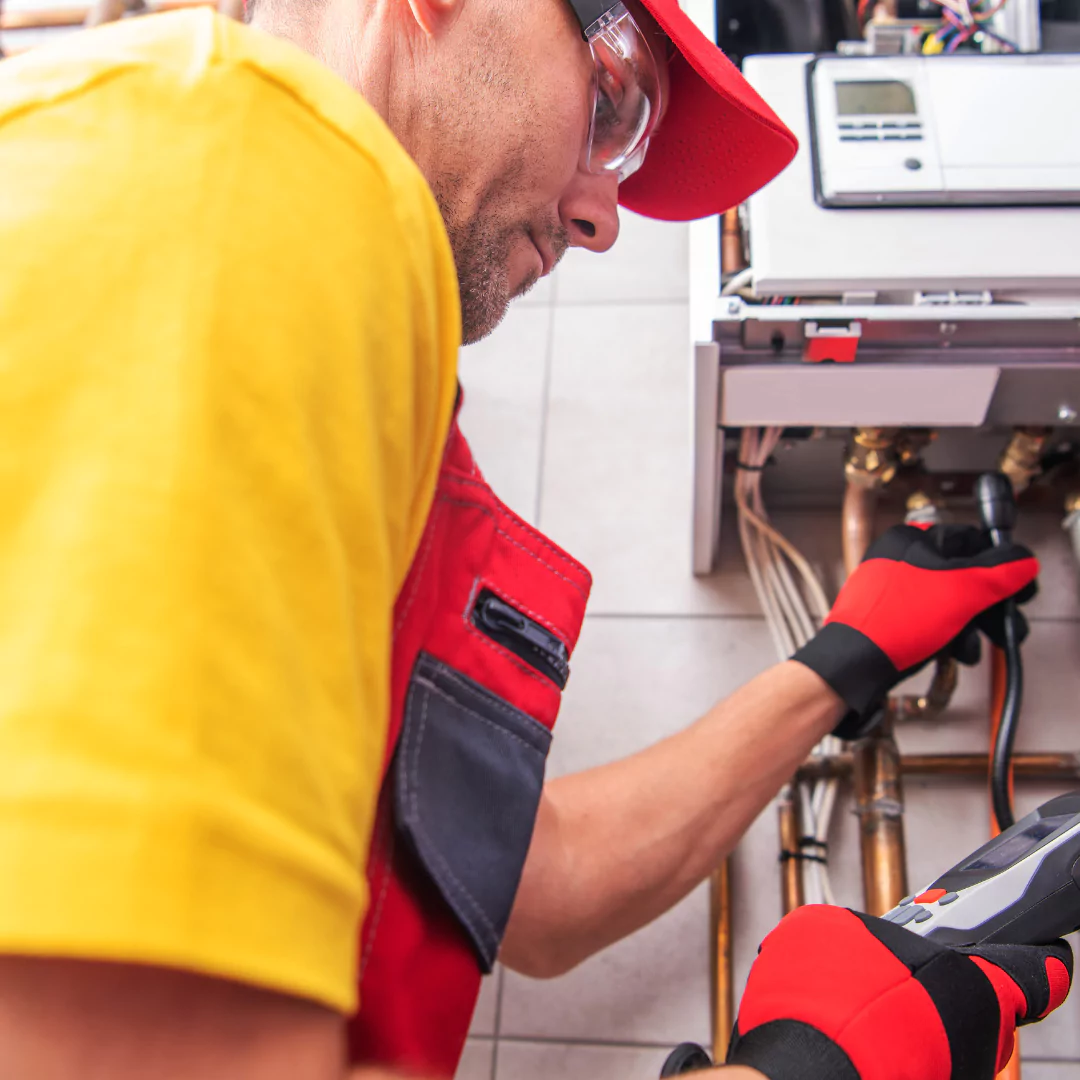Gas Safety certificate and Boiler Service – Legal Compliance and Certification Procedures

This article unveils the legal intricacies tied to gas safety and boiler service certificates, guiding you through the certification procedures. Furthermore, we will shed light on the indispensable role of engineers, who are at the forefront of maintaining these critical safety standards.
Legal Obligations:
The legal foundation for gas safety and boiler service in the UK is established by the Gas Safety (Installation and Use) Regulations 1998. These regulations place a legal responsibility on landlords, homeowners, and property managers to ensure the safety of gas appliances and flues within their properties.
Key legal obligations include:
-
Annual Gas Safety Checks: Landlords are required to conduct annual gas safety checks by a Gas Safe registered engineer. Homeowners are also strongly advised to follow this practice for the safety of their households.
-
Issuing Gas Safety Certificates: Following a successful gas safety check, landlords must provide tenants with a Gas Safety Certificate within 28 days. This certificate confirms that gas appliances are safe and in compliance with legal standards.
-
Maintenance and Servicing of Boilers: It is a legal obligation to ensure that gas boilers are regularly serviced by a qualified engineer. Regular servicing helps identify potential issues, ensures efficiency, and enhances the safety of the boiler.
-
Record Keeping: Landlords are required to keep records of gas safety checks and boiler services for a minimum of two years. This documentation serves as proof of compliance in case of inspections or inquiries.
Certification Procedures:
-
Engaging a Gas Safe Registered Engineer: The first step in obtaining a gas safety and boiler service certificate is to engage the services of a Gas Safe registered engineer. Gas Safe is the official register for legally qualified engineers in the UK.
-
Gas Safety Check: The engineer will conduct a thorough inspection of all gas appliances, including boilers, gas cookers, and heaters. This check ensures that appliances are working safely and efficiently.
-
Identification of Issues: If any issues or potential hazards are identified during the gas safety check, the engineer will provide recommendations for necessary remedial actions.
-
Boiler Servicing: For boiler service, the engineer will perform a comprehensive inspection, clean internal components, and check for any signs of wear or damage. Regular servicing helps prevent breakdowns and ensures the boiler operates efficiently.
-
Issuing Gas Safety Certificate: Upon successful completion of the gas safety check, the engineer issues a Gas Safety Certificate to the landlord or homeowner. This certificate provides details of the inspection, any remedial actions taken, and confirms the appliances’ safety.
-
Record Keeping: Landlords and homeowners are responsible for keeping a record of gas safety certificates and boiler service documentation for at least two years. This documentation may be required during inspections or if tenants request to see it.
Role of Engineers in Maintaining Safety Standards:
Engineers play a pivotal role in ensuring the safety and compliance of gas appliances and boilers. Their expertise is crucial at every stage of the certification process.
-
Expert Gas Safety Checks: Gas Safe registered engineers have the knowledge and experience to conduct thorough gas safety checks, identifying potential hazards and ensuring compliance with safety regulations.
-
Comprehensive Boiler Servicing: During boiler servicing, engineers inspect internal components, clean parts, and check for any signs of wear. This proactive approach helps prevent potential issues and ensures the efficient operation of the boiler.
-
Remedial Actions: If any issues are identified during the gas safety check or boiler service, engineers provide recommendations for necessary remedial actions. This ensures that any potential hazards are addressed promptly.
-
Issuing Certificates: Engineers play a key role in issuing Gas Safety Certificates, providing a formal acknowledgment of compliance with gas safety regulations. This certificate is crucial for landlords in demonstrating legal adherence.
-
Educating Homeowners and Landlords: Engineers often play an educational role, offering guidance to homeowners and landlords on best practices for gas safety and the importance of regular boiler servicing. This proactive approach helps prevent potential risks.
In conclusion, ensuring gas safety and regular boiler servicing is not only a legal requirement in the UK but a fundamental aspect of responsible homeownership and property management. Engaging Gas Safe registered engineers is crucial for the certification process, as their expertise ensures the safety and well-being of residents. Gas safety and boiler service certificates, obtained through legal compliance and the involvement of qualified engineers, become essential documents affirming a commitment to safety and regulatory adherence.


